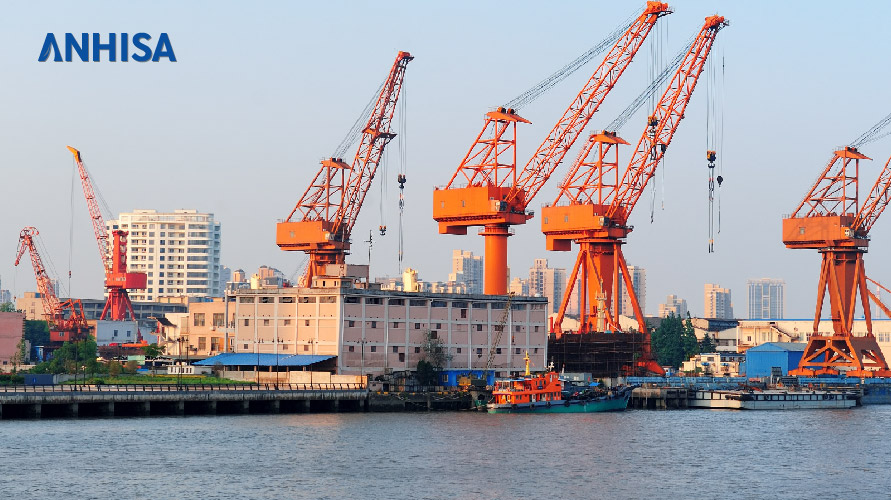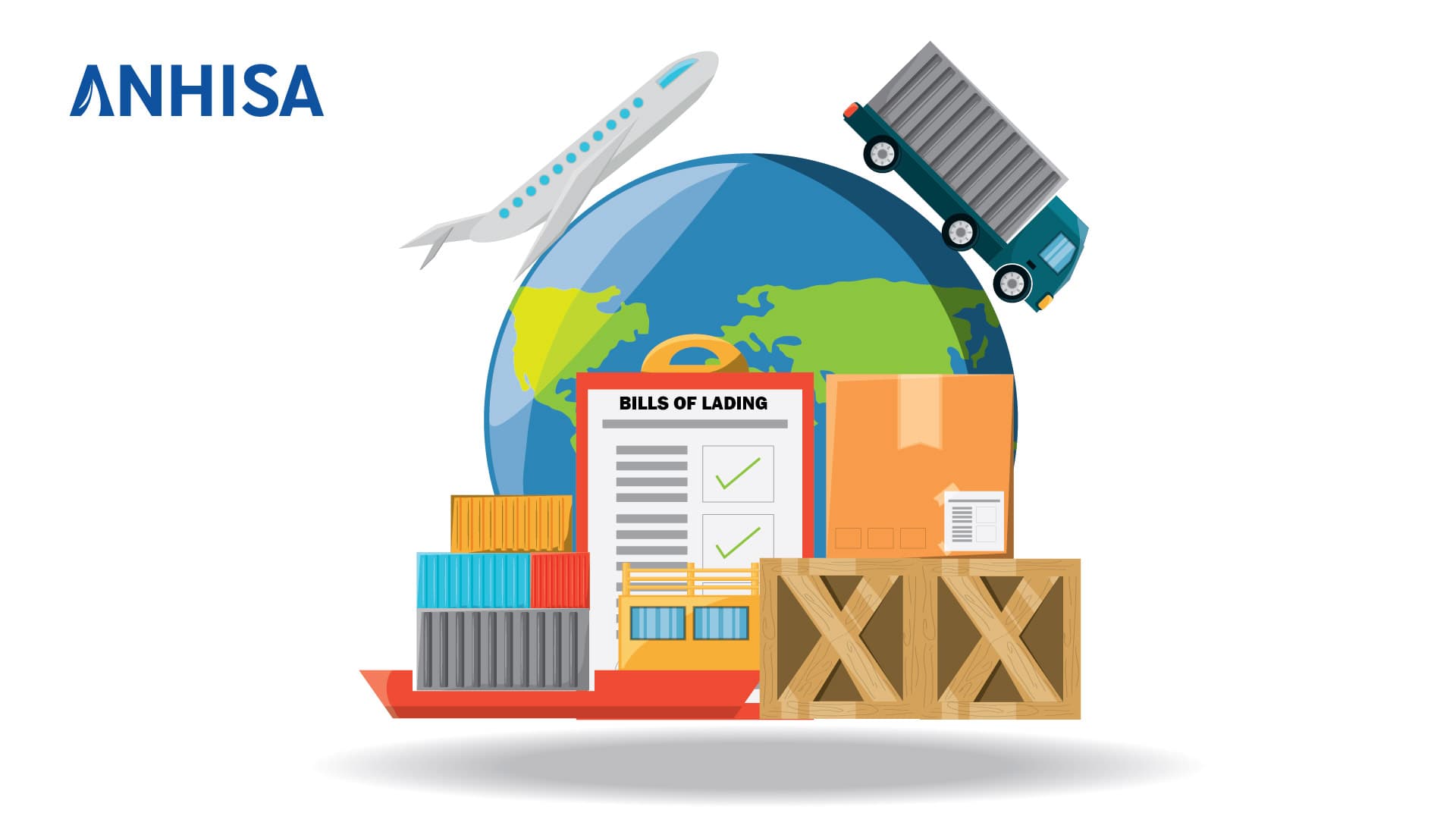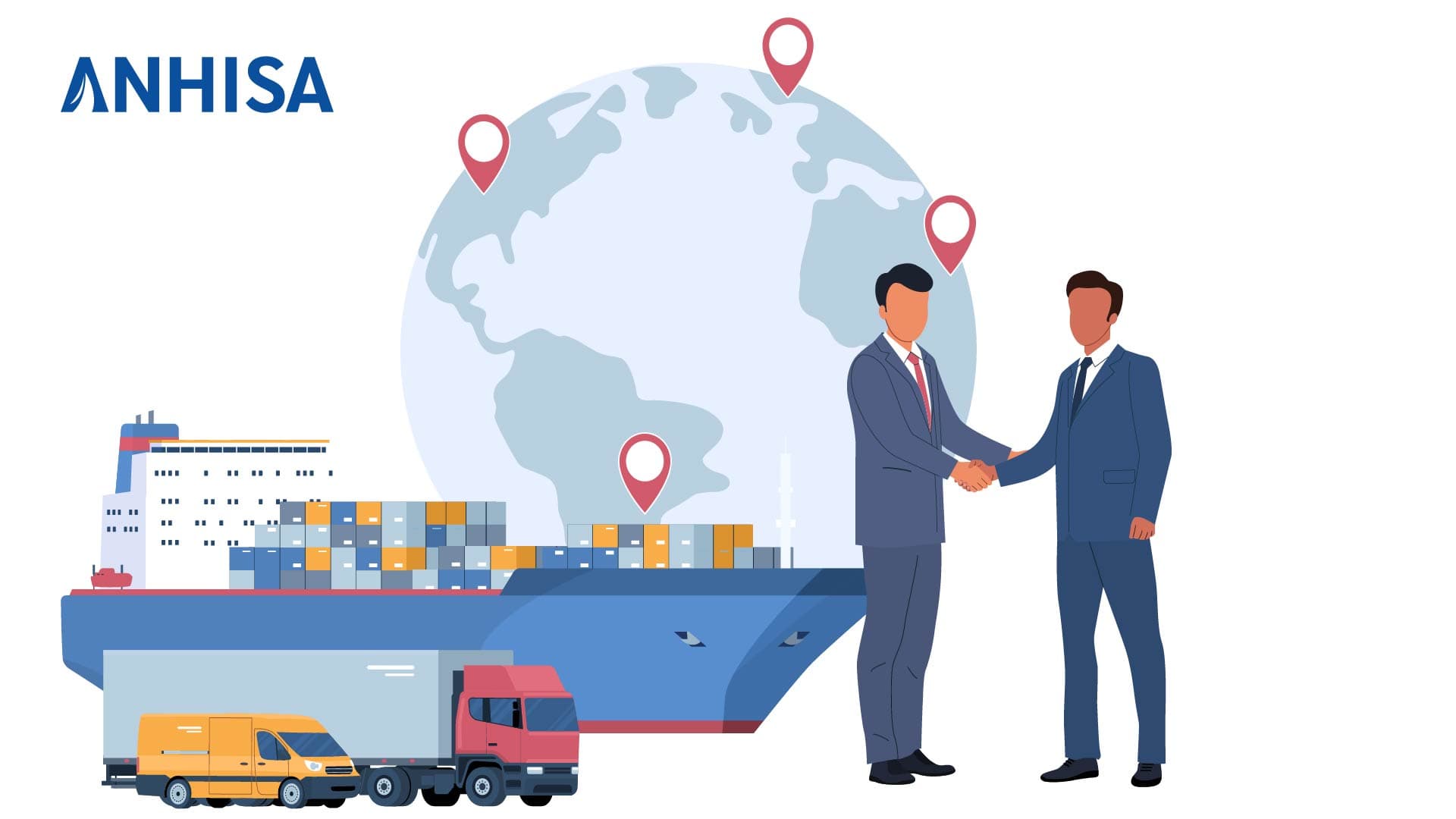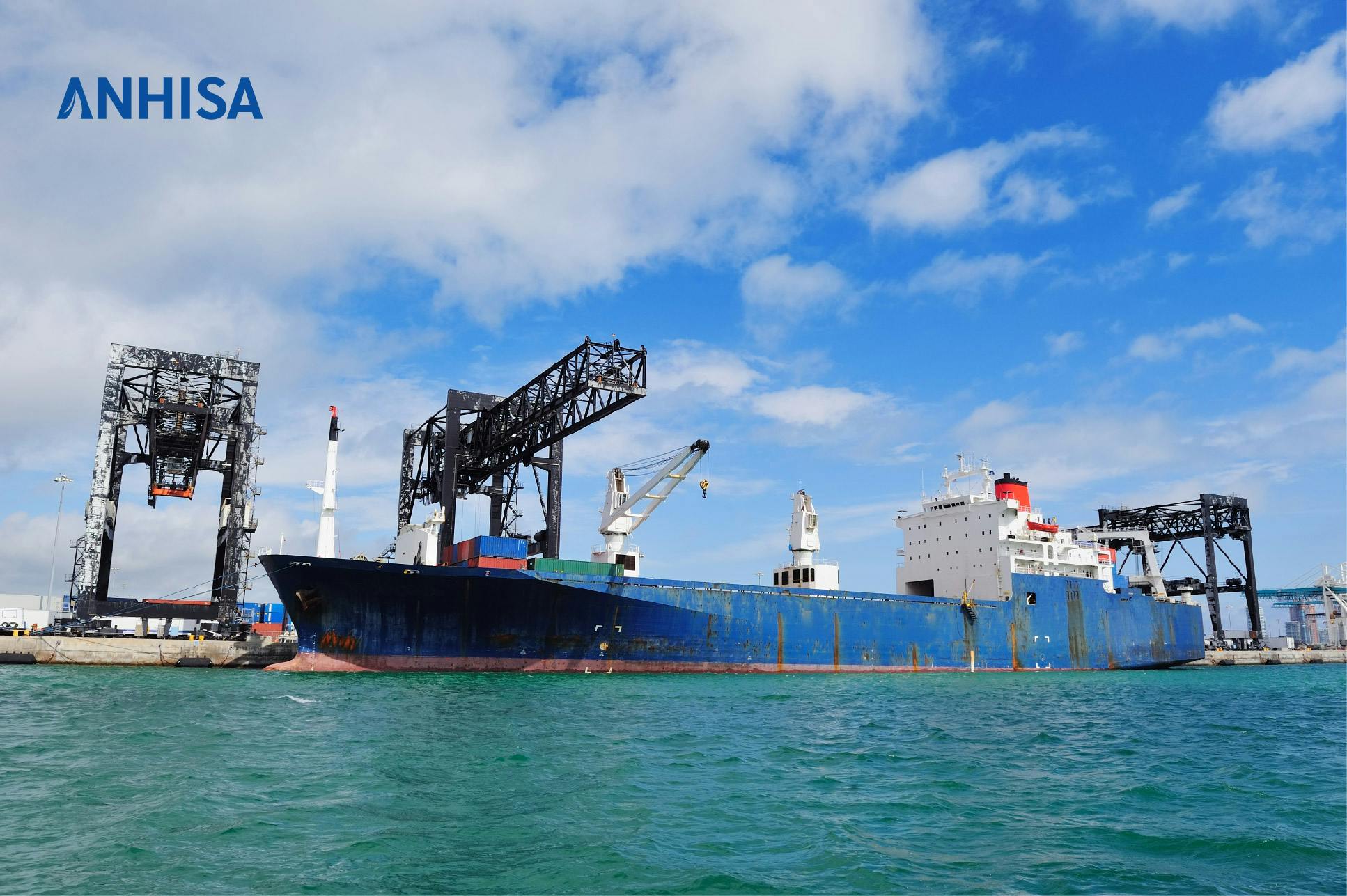Navigating Ship Arrest & Release: The Crucial Role of Bills of Lading in Maritime Law
September 06, 2023
The intricate dance of international trade relies heavily on certain documents, with the bills of lading taking the lead role. The world of shipping, laden with its laws and regulations, can be both a maze and a marvel. So, why is this document so pivotal? And what happens when things go awry?
 The Significance of Bills of Lading
The Significance of Bills of Lading
Historical Context
Bills of lading have been the cornerstone of maritime trade for centuries. These documents originated during the medieval times of Europe. Merchants and traders used them as a guarantee, ensuring that their precious goods were being transported safely and securely. As trade routes expanded and maritime transportation became more sophisticated, the bill of lading evolved. Today, it’s more than just a receipt; it’s a binding legal document, vital for global trade.
Their Role in Modern Shipping
Modern shipping is a colossal industry, often likened to the arteries of global commerce. Every day, millions of products move across oceans, and the bills of lading act as their legal custodian. This document not only stipulates the type and quantity of cargo but also provides crucial details like the shipping route, expected delivery date, and payment terms. It’s the foundation of trust in international trade. Without this trust, trading on such a massive scale would be next to impossible.
Causes for Ship Arrest
Financial Disputes
In a world where time is money, delays in the shipping industry can cost fortunes. Financial disagreements, be it unpaid dues or contentious charges, can ground ships and disrupt trade. These disputes often revolve around miscommunication, unclear contracts, or unexpected costs. An anchored ship due to non-payment isn’t just about the financial loss; it’s also a dent in reputations, causing distrust in future business engagements.
Safety and Regulatory Concerns
Maritime safety has seen a sea change over the years. With tragedies like the Titanic in our historical rearview, stringent regulations have been put in place to prevent disasters. However, breaches, both intentional and inadvertent, can and do happen. When a vessel fails to meet these standards, it’s not just about fines or sanctions. Lives are at stake, and the environment is at risk. A ship arrest in these cases serves as a deterrent, reinforcing the importance of safety.
The Process of Ship Arrest
Legal Procedures
Navigating the intricate web of ship arrest requires a keen understanding of the maritime legal landscape. A claimant, asserting a valid grievance against a ship, must kickstart this daunting process. Every step, from collating essential documentation to securing robust legal representation, needs meticulous attention. The maritime court plays a pivotal role, scrutinizing every facet of the claim and ensuring all parties get a fair hearing.
Consequences and Impacts
The arrest of a ship is akin to a stone thrown in a still pond – the ripples spread far and wide. Beyond the immediate concern of the ship owner, stakeholders ranging from cargo owners to charterers face the fallout. Ports, designed for the constant ebb and flow of ships, find their operations stymied. The broader industry feels the tremors, with delays cascading down the supply chain, disrupting trade timelines, and incurring unforeseen costs.
Ship Release Protocols
Steps to Secure Release
Reclaiming an arrested ship is often a high-stakes game. The ship owner typically has to pony up a security equivalent to the asserted claim amount – reminiscent of posting bail in traditional court cases. However, maritime law offers no shortcuts, no easy way out. Every release is contingent on stringent checks, balances, and legal compliances.
Negotiating Settlements
In the high seas of legal disputes, negotiations can be a lifeboat. When both parties find middle ground, they can expedite the release of the arrested ship. This delicate dance requires a combination of skilled diplomacy, pragmatism, and a deep understanding of the nuances of maritime law. Often, the right negotiation can save both time and resources for all parties involved.
Practical Solutions for Bills of Lading Issues
Effective Communication
In the intricate world of shipping, clear and precise communication is the anchor that prevents many disputes from drifting into troubled waters. Every detail in a bill of lading, every specification, every stipulation holds significance. Timely and transparent communication between all parties – be it ship owners, charterers, or cargo owners – can preempt a plethora of potential issues.
Utilizing Mediation
Litigation can be long, cumbersome, and draining – both financially and emotionally. Before setting a course for the courtroom, consider the alternative route of mediation. This process offers a neutral platform where conflicting parties can air their grievances, negotiate terms, and find amicable solutions. It’s a testament to the power of dialogue and understanding, often leading to quicker, more satisfactory resolutions.
Navigating with Expertise: ANHISA – Law Firm
The Firm’s Recognition and Services
When it comes to intricate matters of shipping law, it’s crucial to have experts by your side. ANHISA is a beacon in the tumultuous seas of maritime law. Our shipping team is adept at advising on everything from minor disputes to major incidents. With a team recognized as leading lawyers in the field of Shipping and Maritime Law of Vietnam by The Legal500 in 2020, you’re in capable hands. Our services span across the maritime and shipping industry, covering ship owners, charterers, P&I Clubs, and even salvors, among others. With ANHISA, you can expect clear, commercial advice from trusted experts who understand international challenges.
Contact Details
Seeking advice or wish to consult? Reach out to:
ANHISA
Mr. Dang Viet Anh
Email: [email protected]
T: +84 28 5416 5873
M +84 983 467070
Concluding Insights
Importance of Knowing the Law
In the vast sea of international trade, the anchors of understanding and compliance keep our ships steady. By understanding arrest and release shipping laws and the weight bills of lading carry, we’re not just safeguarding our assets but also ensuring smoother, unhindered trade.
FAQs:
- What is a bill of lading and why is it important?
- It’s a legal document that represents the agreement between the shipper and the carrier. It is vital as it details the type, quantity, and destination of the cargo.
- How does a ship get arrested?
- A ship can be arrested due to financial disputes or safety and regulatory concerns. This requires legal processes and maritime court involvement.
- Is mediation always an option in shipping disputes?
- Not always, but it is often a preferred alternative to litigation as it can be quicker and less confrontational.
- What’s the impact of an arrested ship on global trade?
- It can cause significant delays, affecting cargo owners, charterers, and ports. It’s like a domino effect.
- How can one prevent ship arrest?
- Ensure all financial obligations are met, follow safety and regulatory guidelines, and maintain open, effective communication channels.
Related posts

Bills of Lading: Importance for International Shipping
March 19, 2024

Mediators’ Role in Alternative Dispute Resolution (ADR)
March 13, 2024
- TEL:
- Hanoi Office: +84 24 320 47609
- Saigon Office: +84 28 5416 5873
- HOTLINE:
- +84 (0) 939 117 398
- +84 (0) 983 488 380



